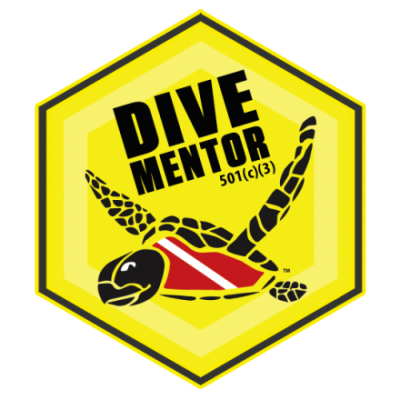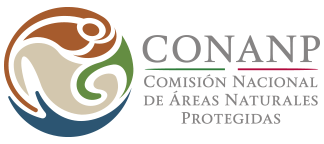
SCIENTIFIC DIVER
Completion of this program will prepare divers with the tools, techniques, and skills required to collect scientific data underwater using scuba diving skills and research methodology as applied to the fields of shipwreck archeology, physical oceanography and marine biology. The program includes Basic Research Diving, Introduction to Marine Biology and Marine Data Collection.

The purpose of the project using scientific diving is the advancement of science. The tasks of a scientific diver are those of an observer and data gatherer. Scientific divers, based on the nature of their activities, must use scientific expertise in studying the underwater environment, and, therefore are scientists, or scientists-in-training
After considerable Congressional hearings, the scientific diving exemption to commercial diving standards was issued, effective November 28, 1982.
Dive Mentor strictly adheres to both AAUS and NOAA published standards for Scientific Diving.
What is AAUS?
The mission of the American Academy of Underwater Sciences (AAUS) is to facilitate the development of safe and productive scientific divers through education, research, advocacy, and the advancement of standards for scientific diving practices, certifications, and operations.
The AAUS was officially chartered in California in 1983 by individuals and organizations involved in the effort to obtain the scientific diving exemption from OSHA commercial diving standards. In the years since, the AAUS has expanded from the original six organizational members to more than 130 organizational members and over 1100 individual members.
AAUS produces consensual standards for the training and certification of scientific divers and the operation of scientific diving programs, maintains statistics detailing scientific diving activities and incident rates, conducts annual symposia and topical workshops, and directly supports student research.
Dive Mentor is not an AAUS member simply because our scientific program is in the Caribbean, though this is something we may pursue in due course as our program becomes larger and more widespread.
What is NOAA?
The National Oceanic and Atmospheric Administration is an American scientific agency within the United States Department of Commerce that focuses on the conditions of the oceans, major waterways, and the atmosphere.
Dive Mentor’s Scientific Diver Program is conducted in the The Arrecifes de Cozumel National Park in Cozumel, Mexico. This amazing reef system is part of the Mesoamerican Barrier Reef System, the second largest coral reef system in the world. Diving activities conducted in the Park are subject to CONANP and SEMARNAT regulations, and the Instructors responsible for our Scientific Diver Program carry Parque National Arrecifes De Cozumel credentials.